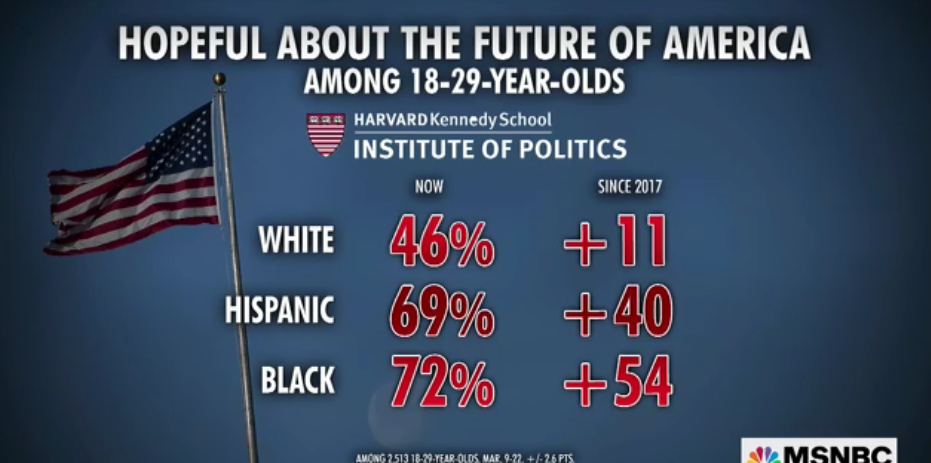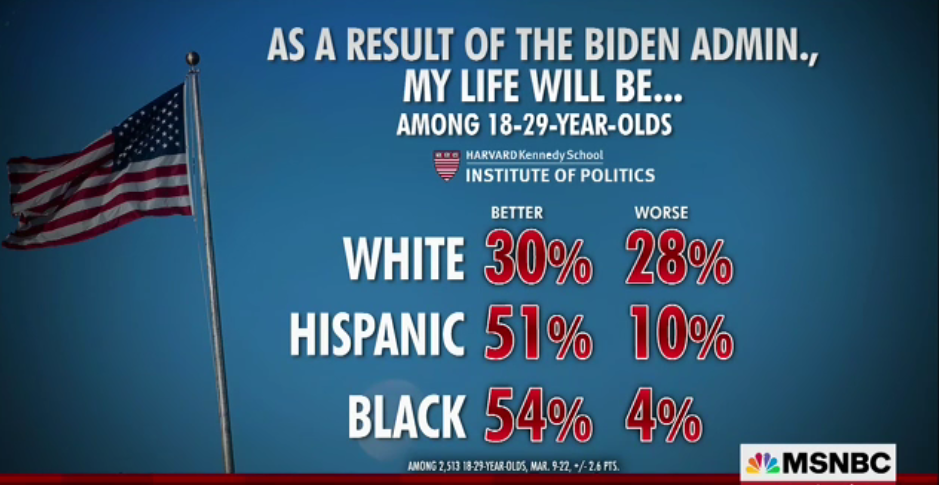Celerity
Celerity's JournalWhite House writes off Johnson & Johnson vaccine after string of production failures
The chaos has disappointed the Biden team, which once argued that the company’s one-dose vaccine would be central to turning the tide of the pandemic.https://www.politico.com/news/2021/04/22/biden-officials-johnson-vaccine-484356

The Biden administration has stood by Johnson & Johnson as the vaccine maker struggled to deliver promised doses of its Covid-19 vaccine — but privately, frustrated senior health officials have largely written off the shot, according to seven people with knowledge of the matter. Johnson & Johnson, which has a long history of successful vaccine development, was one of the government’s first and biggest bets in the coronavirus vaccine race. But the company has faced an unrelenting series of setbacks, including a contractor mix-up that ruined 15 million doses and revealed serious safety and hygiene lapses, and concerns that the vaccine may be linked to recent reports of rare, severe blood clots among recipients.
A Centers for Disease Control and Prevention vaccine advisory committee will meet Friday for the second time to review the possible blood clot link, and federal health officials are expected to update their current recommendation to pause use of the shot. But the Biden administration is bracing for yet another potential complication: If ongoing tests of remaining vaccine batches made by J&J’s contractor Emergent BioSolutions reveal further contamination, it could take the vaccine maker up to four months to replace those doses through manufacturing at alternate facilities, according to two people with direct knowledge of the situation.
Some of the problems J&J has faced are failures of management or oversight; others appear to be pure bad luck. But the chaos has disappointed the Biden team, which once argued that the company’s one-dose vaccine would be central to turning the tide of the pandemic. Instead, the administration has concluded that the company can’t be counted on for any significant production until it gets the green light from regulators to resume vaccination, according to two sources. Federal officials say they have enough doses from Pfizer and Moderna to vaccinate all American adults. But officials are hopeful that J&J can iron out its problems and still be of use for booster shots down the line, and for immunization in other countries as the U.S. ramps up its vaccine diplomacy.
snip
Its not unprecedented for Congress to adjust the size of the Supreme Court to defeat white supremacy
We’ve done it three times before.https://twitter.com/MondaireJones/status/1384991134498365440
https://twitter.com/MondaireJones/status/1384991135358193677
https://twitter.com/MondaireJones/status/1384991136184520704
https://twitter.com/MondaireJones/status/1384991136981393412
Donny Deutsch, so-called Dem, who is worth closing in on a 1/4 a billion $, now turns on Biden & the
Dems on Morning Joe.
BTW, he is trust fund baby, inherited much of that dosh.
He is crying that the COVID bill was at least twice what it should have been, that the Republicans are the responsible ones with their infrastructure bill (ours is outrageous), and that taking away any of the Trump tax cuts (whilst he is also saying he is a deficit hawk!) will kill capitalism.
what a fucking turncoat fuckstick hypocrite and moron
![]()
![]()
![]()
![]()
![]()
![]()
![]()
![]()
![]()
![]()
![]()
Former Oregon U.S. Rep. Elizabeth Furse dies at age 84
https://apnews.com/article/government-and-politics-oregon-4bc390a9dd28f37c36fc184a9e0e889ePORTLAND, Ore. (AP) — Elizabeth Furse, who represented northwestern Oregon in Congress for three terms in the 1990s, has died from complications related to a fall, her former husband said. She was 84 and died Sunday, said John Platt. The Oregonian/OregonLive reported that Furse championed the rights of Native Americans and helped five Oregon tribes regain federal recognition. She also worked to advance the rights of women, children and farm workers and advocated for peace and nuclear disarmament and environmental regulation and land use rules.
The Democrat was first elected in 1992 to the U.S. House representing Oregon’s 1st District without ever having held elected office before. After she left Congress at the end of her third term in 1999, she became the founding director of Portland State University’s Institute for Tribal Government. She also co-owned and operated the Helvetia Winery.
“Elizabeth Furse had a steadfast commitment to justice and civic engagement,” Portland State University President Stephen Percy said in a statement. “We will miss her contributions and guidance and we will always be grateful for her time representing Oregon and at Portland State.” Sen. Ron Wyden, D-Ore., said on Twitter that Furse worked “repairing the world to help Tribal communities, strengthen women’s health care and support vulnerable Americans everywhere. I’ll miss her tremendously.”
Furse, who was born a British citizen in Kenya when it was still a British colony, grew up mostly in South Africa and was active in the anti-apartheid movement when she was a young woman. She married a U.S. citizen and became a citizen after moving to the United States. Furse is survived by her children, Amanda Briggs of Beaverton and John Briggs of Seattle, and by Platt, who was her second husband.
snip
RIP
They Get Taxed, but Not Vaxxed


https://www.theatlantic.com/international/archive/2021/04/americans-who-still-cant-get-vaccinated/618622/
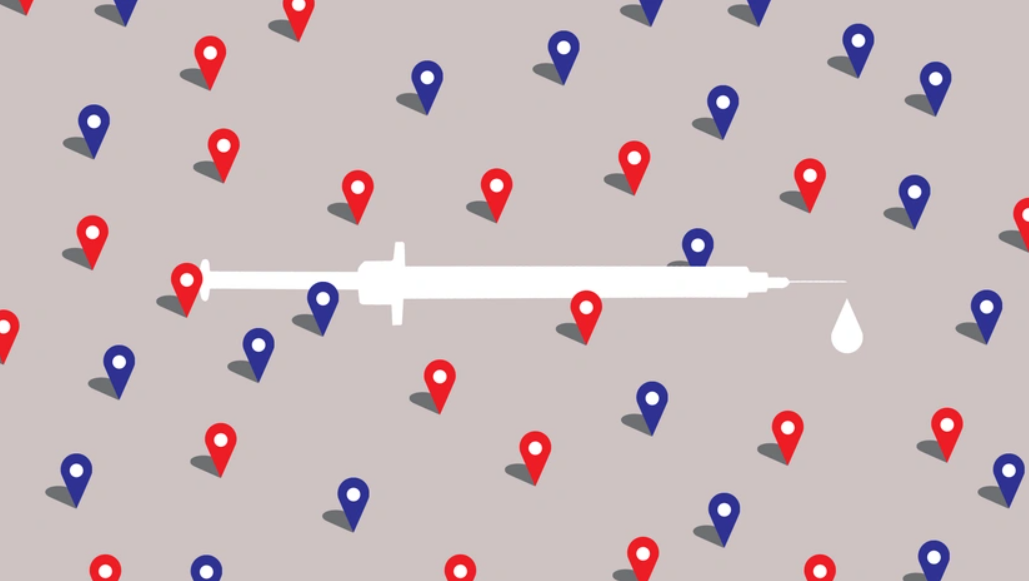
Like many Americans, Ariane Dvir is eligible for a COVID-19 vaccine. Only, she doesn’t live in America. From her home near Cologne, in western Germany, she has spent much of this year hearing about her loved ones back in the United States getting vaccinated. Her husband, an Israeli citizen, has heard about his family and friends in Israel doing the same. Though the couple had intended to wait their turn in Germany, the slow pace of vaccination there, and across much of Europe, has made them reconsider. Come summer, Dvir and her husband will take separate trips to their respective home countries. They plan to return to Germany fully vaccinated. “We refrained from so much in the past year, it feels out of step with the spirit of things to travel without a vaccine,” she told me. “Then again, what is more important than getting vaccinated?”
More than 5 million Americans residing outside the United States face a similar predicament, watching the country’s successful inoculation drive, some from places where vaccination has scarcely begun. With all stateside American adults due to be eligible to receive a vaccine as early as this week, some expats have already opted to travel home for the jab. Others are calling on the government to direct some of the hundreds of millions of doses it’s projected to have left over to its overseas citizens, wherever they happen to live. President Joe Biden has repeatedly stated that the U.S. will share its excess supply only after the needs of Americans are met. Why, some overseas Americans are wondering, should they be left out?
The answer to that question is more than just a logistical matter. It comes down to what responsibility, if any, the U.S. government has to its overseas citizens. The U.S. is unusual among most countries in that its citizens must still file annual tax returns even if they don’t live in America. All of its citizens, regardless of where they live, are also eligible to vote. So as taxpayers and voters, don’t these citizens have a legitimate claim to the U.S. government’s aid in a public-health crisis?
Though there are no rules preventing an American citizen from returning to the U.S. right now, going back isn’t as easy as it used to be. Although Americans living abroad (myself included) might have been accustomed to going home at least once or twice a year, the pandemic put an end to that transient lifestyle: In addition to the public-health concerns surrounding pandemic-era travel, returning to the states now carries a number of new complications—COVID-19 tests, potential quarantine requirements, the risk of needing medical care in a country where many of us do not have health insurance, and the possibility of being locked out of your country of residence (Americans living in France, for example, are barred from returning to the country if they leave under current restrictions).
snip
Our vaccine order is turning COVID-19 into a young person's disease


https://www.theatlantic.com/health/archive/2021/04/young-kids-vaccines-covid/618650/
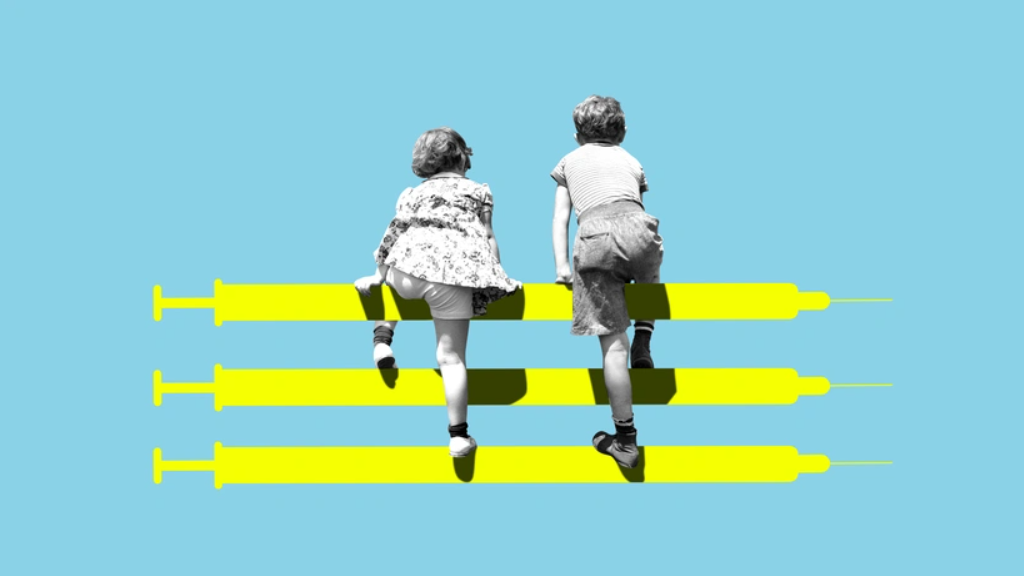
Like many parents, Jason Newland, a paediatrician at Washington University in St. Louis and a dad to three teens ages 19, 17, and 15, now lives in a mixed-vaccination household. His 19-year-old got vaccinated with Johnson & Johnson’s shot two weeks ago and the 17-year-old with Pfizer’s, which is available to teens as young as 16. The 15-year-old is still waiting for her shot, though—a bit impatiently now. “She’s like, ‘Dude, look at me here,’” Newland told me. “‘Why don’t you just tell them I’m 16?’” But because certain pharmaceutical companies set certain age cut-offs for their clinical trial, she alone in her family can’t get a COVID-19 shot. She’s the only one who remains vulnerable. She’s the only one who has to quarantine from all her friends if she gets exposed. In America, adults are racing headlong into a post-vaccination summer while kids are being left in vaccine limbo. Pfizer’s shot is likely to be authorized for ages 12 to 15 in several weeks’ time, but younger kids may have to wait until the fall or even early 2022 as clinical trials run their course. This “age de-escalation” strategy is typical for clinical trials, but it means this confusing period of vaccinated adults and unvaccinated kids will not be over soon. And the pandemic will start to look quite different.
How different? Vaccination is already changing the landscape of COVID-19 risk by age. In the U.S., hospital admissions have fallen dramatically for adults over 70 who were prioritized for vaccines, but they have remained steady—or have even risen slightly—in younger groups that became eligible more recently. This trend is likely to continue as vaccines reach younger and younger adults. Over the summer, the absolute number of cases may drop as mass vaccination dampens transmission while the relative share of cases among the unvaccinated rises, simply because they are the ones still susceptible. The unvaccinated group will, of course, be disproportionately children. By dint of our vaccine order, COVID-19 will start looking like a disease of the young. This means vaccines are working, but it also means many Americans are flipping how they think about COVID-19 risk. Adults who spent the past year worrying about their elderly parents are now worrying about their kids instead. The risks are not equivalent, of course: Kids are 8,700 times less likely to die of COVID-19 compared with those older than 85. But “even if the risk is not particularly high, you’re still going to be extra protective of your kids,” says Sandra Albrecht, an epidemiologist at Columbia. “It’s just human nature.”
In coming months, parents may find themselves going back to normal while their kids still have to wear masks indoors. “It’s a very strange relationship to feel protected when your kids are still not,” Jennifer Nuzzo, an epidemiologist at Johns Hopkins, told me. But some 30 million households have children still too young to be vaccinated; in these families, parents and caretakers, especially of the youngest children, will have to keep navigating this incongruous world. The biggest risk factor to consider for unvaccinated kids, experts told me, is simply how much COVID-19 is spreading in the community. The U.S. is currently vaccinating at a good clip, and even partial herd immunity will slow transmission of the coronavirus. Seasonal effects may drive case numbers even lower in the summer. “If there’s very little virus circulating, that’s a pretty low-risk situation,” says Sean O’Leary, a paediatrician at Children’s Hospital Colorado. Experts have pegged the threshold where general restrictions can relax at 5,000 to 10,000 cases per day—the point at which risk of COVID-19 is roughly comparable to risk of the flu. (For context, the seven-day average of daily COVID-19 cases in the U.S. reached a low point of 20,000 last summer and peaked at 250,000 during the winter surge; that number has since plateaued at 70,000.)
Not everyone will feel comfortable with the same level of risk though. Even before the pandemic, O’Leary points out, parents with children who have high-risk medical conditions were very careful about, say, traveling during flu season. COVID-19 might be another reason for these families to be vigilant. But already, momentum in the country is shifting toward reopening. States are ending their mask mandates and COVID-19 restrictions. How low cases go in the U.S. later this year will depend on the speed at which we inoculate harder-to-reach populations, as well as continued vigilance among the still-unvaccinated. Letting up after a year of social distancing is tempting, but as my colleague Katherine Wu writes, our vaccine cheat days add up. Variants may also influence case levels, but it’s not entirely clear how much. Early on, scientists in the U.K. thought the B.1.1.7 strain might be disproportionately more contagious among children than among adults, but the pattern has not held up. That may be because the variant was first detected after schools in the U.K. opened in the fall, explains Oliver Ratmann, a statistician at Imperial College London who has modelled the implications of the variant for kids. Then schools closed and mobility patterns changed over the holidays, which complicated the preliminary trends. The earlier pattern of B.1.1.7 in kids might just have reflected who had a chance to spread the virus at the time, especially because U.K. schools took fewer precautions, such as mask wearing, compared with many in the U.S. The evidence on whether this variant causes more severe illness is also mixed.
snip
India sets COVID daily case world record
India's health ministry confirmed 314,835 new COVID-19 cases on Thursday, taking the total tally to nearly 16 million infections.https://www.axios.com/india-sets-covid-daily-case-world-record-9ea992fe-7b49-43b7-bd77-cf4a2c5fca33.html
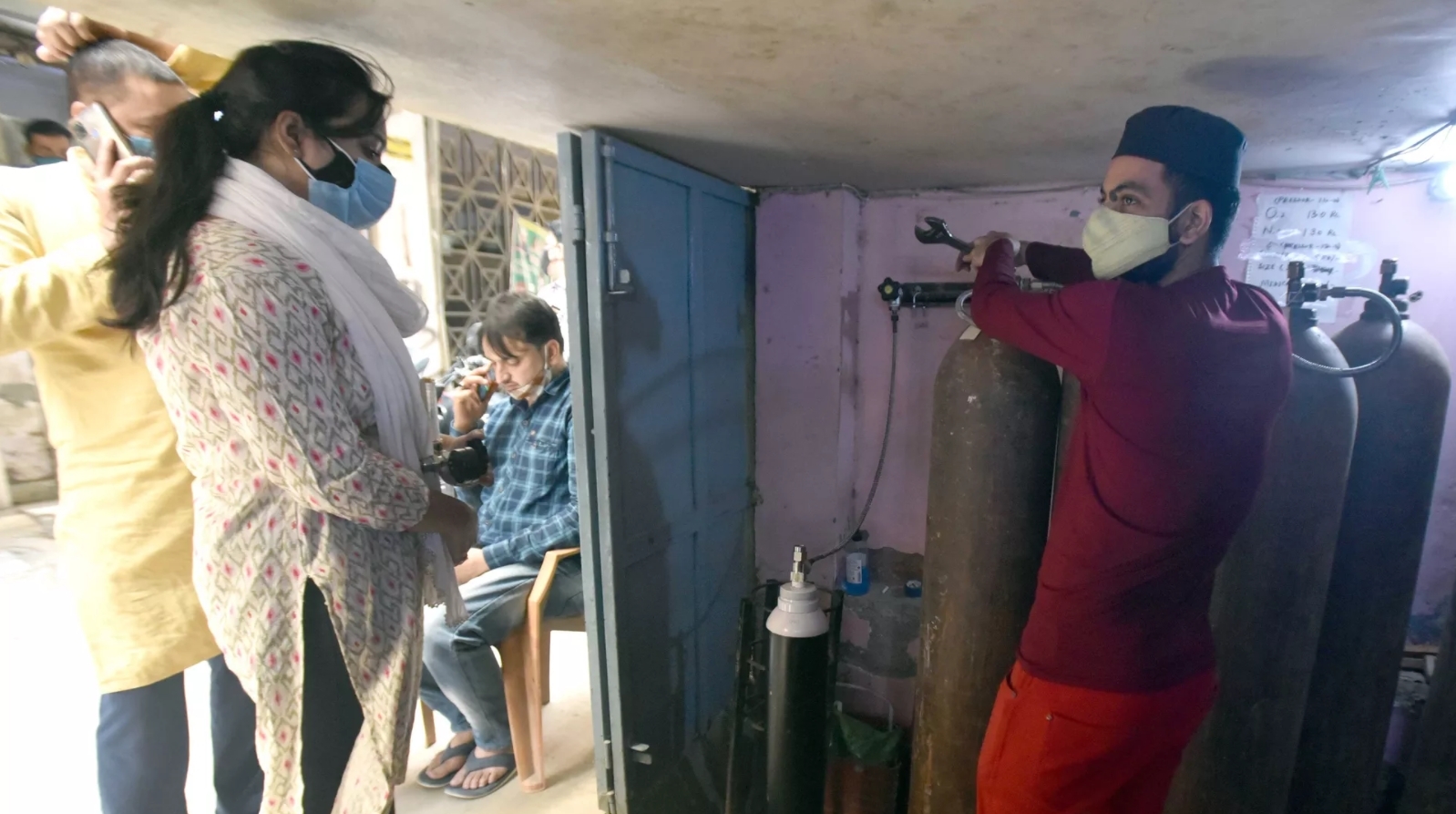
Why it matters: It's the highest number of coronavirus cases reported in a single day anywhere in the world, eclipsing the previous record of 300,669 cases set in the U.S. on Jan. 8. The health ministry said another 2,104 people lost their lives to the virus, taking the pandemic death toll to 184,657. Driving the news: West Bengal reported Thursday that a record 9,819 people had tested positive for the virus, as voters went to the polls in state elections, the Indian Express reports.
On Monday night, India's capital, New Delhi, entered a weeklong lockdown, as hospitals became overwhelmed, supplies like oxygen scarce and morgues overfull. In the city of Nashik, in the state of Maharashtra, 24 coronavirus patients died at a hospital Wednesday after "oxygen supply was disrupted" following "leakage in the main oxygen storage tank," per the Indian Express.
The government of Maharashtra announced fresh pandemic restrictions from 8p.m. Thursday local time through May 1, while authorities on the island of Goa announced a night curfew that will remain in place until April 30. For the record: More COVID-19 cases have been recorded globally each day than ever before in the pandemic, surpassing the previous global peak in early January. India is the biggest source of these new cases, per Axios' Dave Lawler.
Of note: Earlier this month, India became the second country after the U.S. to surpass 100,000 new coronavirus cases in one day. Case numbers have continued to surge since then. The country had until this month been exporting most of the coronavirus vaccine doses it was producing to countries like Saudi Arabia and the U.K., also contributing to the global COVAX initiative. But as cases began surging in India, officials began scrambling vaccinate as many people as possible — sharply curtailing exports, Lawler notes.
snip
fuck Newsweek
it's at the point of being as bad as Fux Snooz in many of its articles
Russia: A Problem, Not a Threat
https://www.newsweek.com/russia-problem-not-threat-opinion-1584852
Georgia's Voting Law Doesn't Go Far Enough (Charlie Kirk, Founder and President, Turning Point USA )
https://www.newsweek.com/georgias-voting-law-doesnt-go-far-enough-opinion-1581740
Most Voters Don't Want More Judges on the High Court
https://www.newsweek.com/most-voters-dont-want-more-judges-high-court-opinion-1585484
Why Derek Chauvin's Guilty Verdict May Be Overturned
https://www.newsweek.com/why-derek-chauvins-guilty-verdict-may-overturned-supreme-court-opinion-1585401
Countless Lives Have Been Cut Short by Marijuana
https://www.newsweek.com/countless-lives-have-been-cut-short-marijuana-opinion-1584819
Tucker Carlson Says Derek Chauvin Verdict Taught BLM That 'Violence Works'
https://www.newsweek.com/tucker-carlson-says-derek-chauvin-verdict-taught-blm-that-violence-works-1585582
Biden UN Ambassador's Attack on America Won't Win the U.S. Any Friends
https://www.newsweek.com/biden-un-ambassadors-attack-america-wont-win-us-any-friends-opinion-1584773
Joe Manchin's $11 Minimum Wage More Popular Than Biden's $15—Among Democrats and Republicans
https://www.newsweek.com/joe-manchins-11-minimum-wage-more-popular-bidens-15among-democrats-republicans-1573489
Biden's 'Right Verdict' Comments Ripped After Maxine Waters Controversy
https://www.newsweek.com/joe-bidens-right-verdict-comments-about-chauvin-trial-ripped-after-maxine-waters-controversy-1585161
Daunte Wright Protester Bashes Joe Biden for Failing Black Community
https://www.newsweek.com/daunte-wright-protester-bashes-joe-biden-failing-black-community-you-said-you-got-our-back-1584539
On Anti-Asian Hate, Frustration Builds on Biden's Slow Response
https://www.newsweek.com/anti-asian-hate-frustration-builds-bidens-slow-response-1584361
You Can Rent This Kaleidoscopic Snake House on Airbnb
Just outside downtown Mexico City, stay in an Airbnb literally built for a god.https://www.thrillist.com/travel/nation/where-to-stay-in-mexico-airbnb-quetzalcoatl-nest
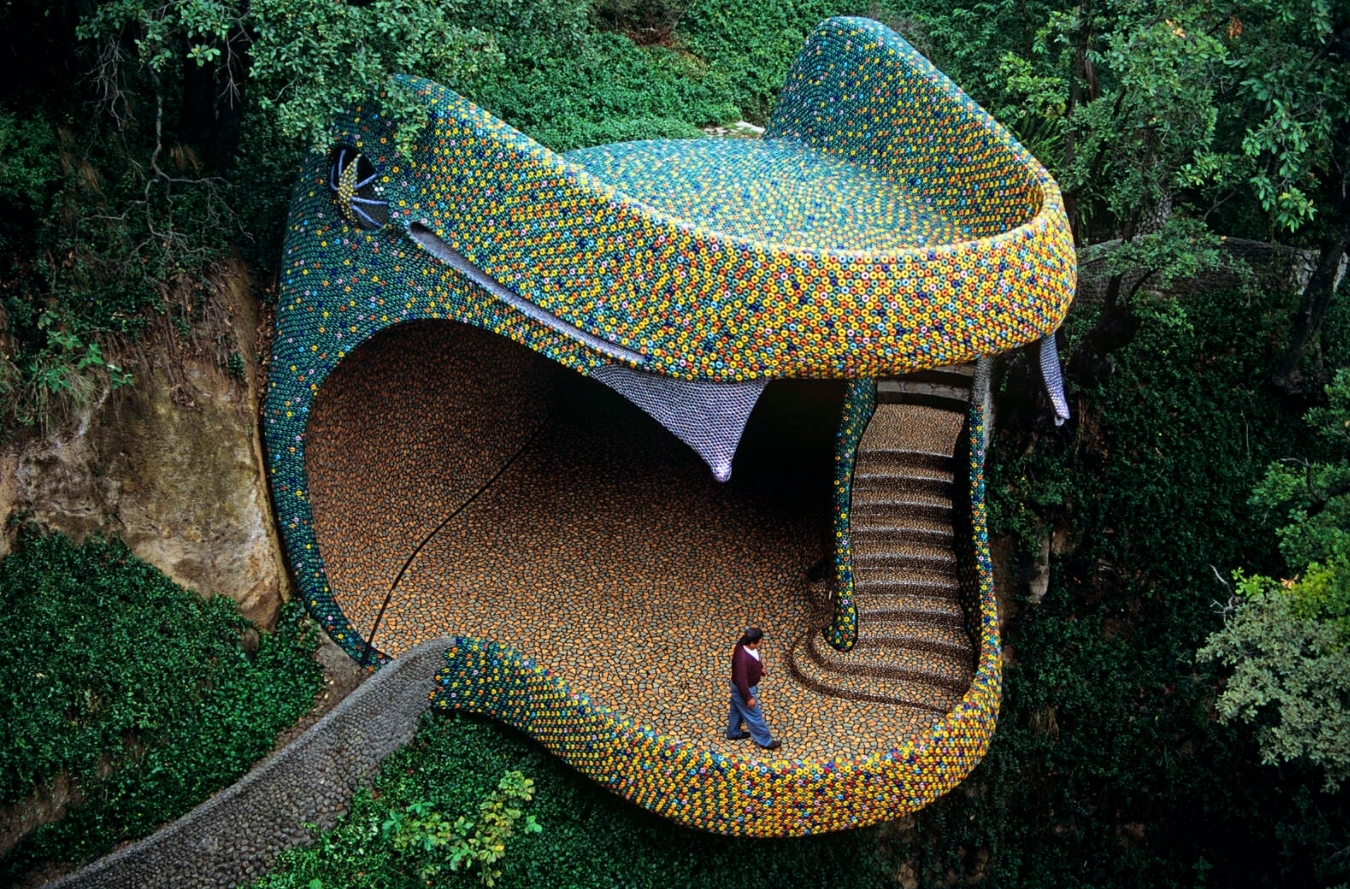
In the woods outside downtown Mexico City, an ethereal serpent winds through the trees and up into the green hills. Its technicolour body, smattered with windows that look into a tranquil, milky white interior, weaves itself in and out of the landscape, alive with shades of bright orange, cerulean, and emerald green. Those who stumble upon it might think it's something out of an ancient myth (if not a vision seen during an intense acid trip). Those who went out of their way to seek it, however, know they're gazing upon Quetzalcoatl’s Nest.
When humble genius/architect Javier Senosiain was given land to design another one of his masterpieces, he wasn’t planning to build a massive, kaleidoscopic snake nest. As a believer in organic architecture, he simply wanted to build something to complement the land. “Organic architecture flows with nature,” explains Patricia Castillo, a friend of the architect who hosts an apartment inside the structure on Airbnb. “It’s not destroying, it’s not competing—it’s observing nature and how you can copy the structures, colours, forms, and integrate that into your way of living.”

When Senosiain built an early model, he used pool floaties instead of rope (seriously) to create an outline over the oddly-shaped plot of land, which was defined by caves, canyons, and scores of trees. Noticing that the shape he’d built resembled a snake, Senosiain recalled a quote from one of his architectural heroes, Antoni Gaudí: “Originality is a return to the origin.”In reverence of the Aztecs,
the original occupants of the land that is now Mexico City, Senosiain decided to model a structure after the unique shape of the feathered snake god Quetzalcoatl—or more accurately, Quetzalcoatl’s Nest.

He built the twisting, iridescent form over six years, completing the project in 2006. Back then, the property was a 10-bedroom residential apartment with gardens and a huge park whose caves and ponds stretched over 44 acres. But about five years ago, a few of the rooms were transformed into Airbnb rentals, attracting out-of-towners—and Instagram influencers—looking for an otherworldly stay. Quetzalcoatl’s Nest can host up to six guests in one of its curvaceous apartments for $6300 pesos per night (or $300 USD for a two-night minimum stay) on Airbnb. (Seven rooms are still being rented long-term, so be mindful of other guests during your stay).
snip

Profile Information
Gender: FemaleHometown: London
Home country: US/UK/Sweden
Current location: Stockholm, Sweden
Member since: Sun Jul 1, 2018, 07:25 PM
Number of posts: 43,349
